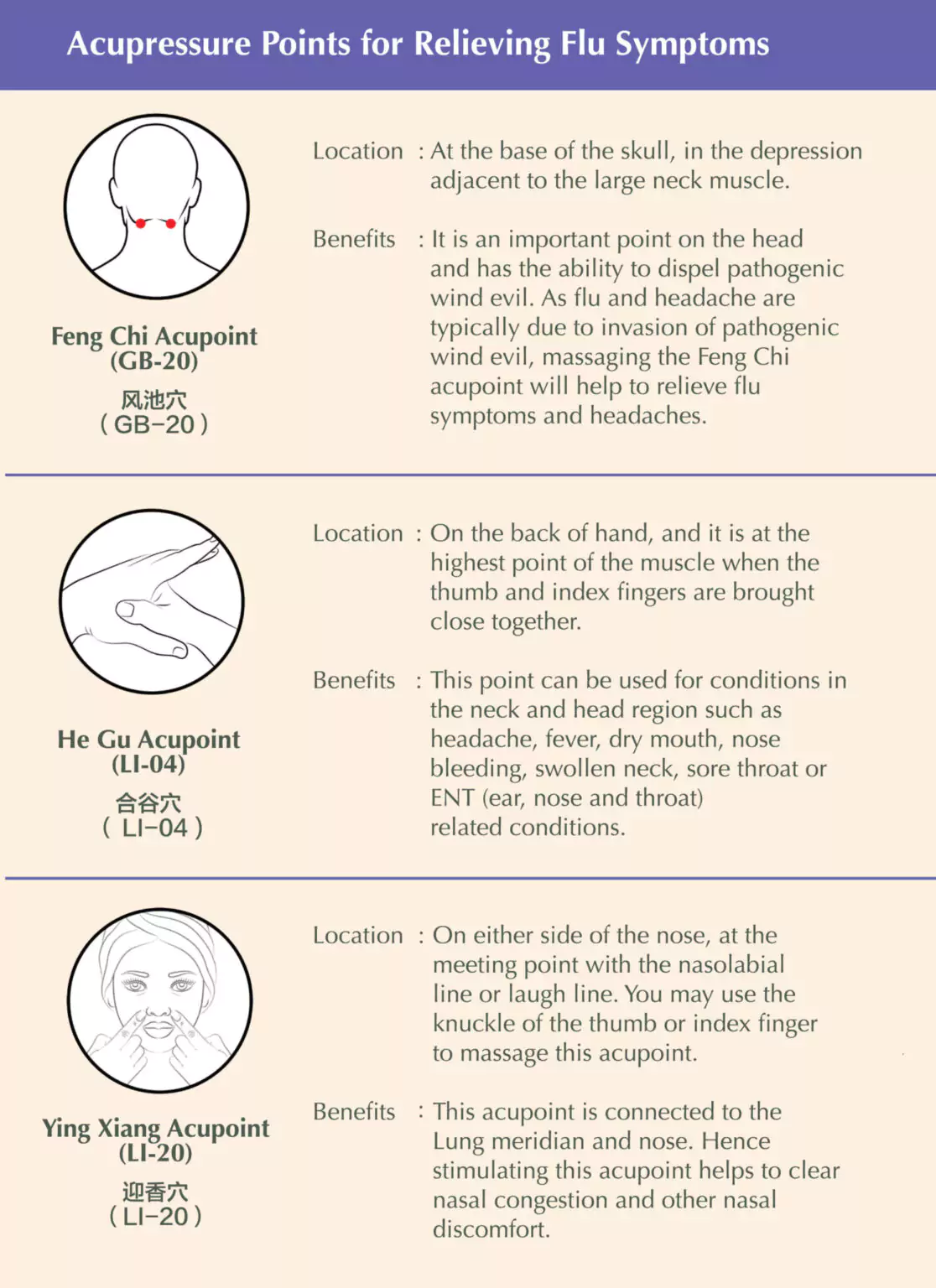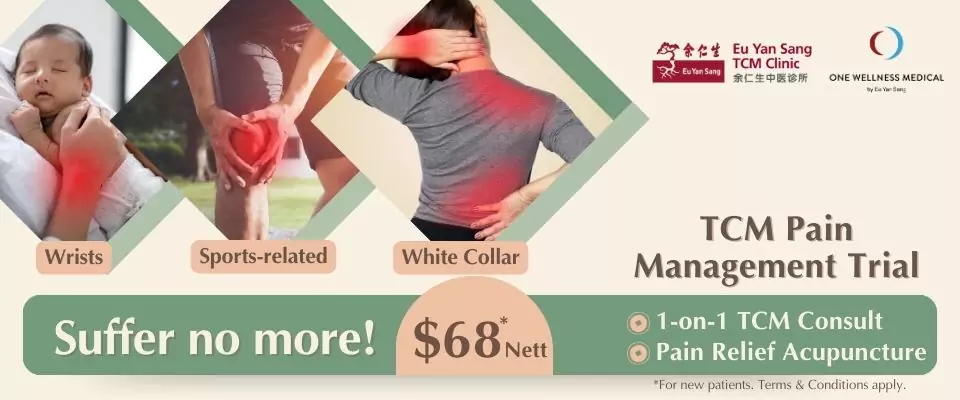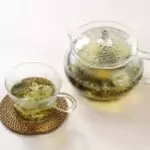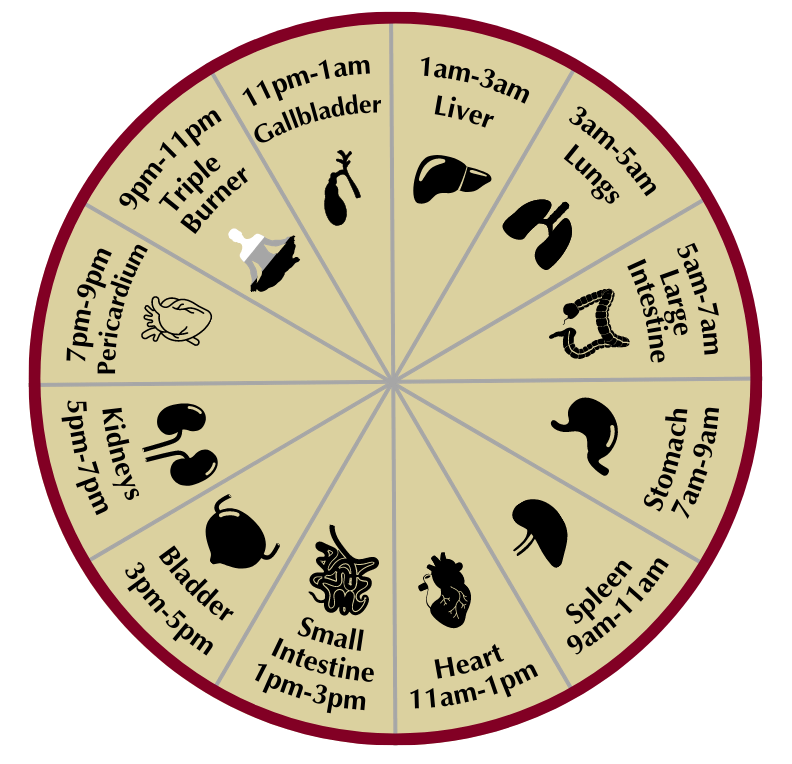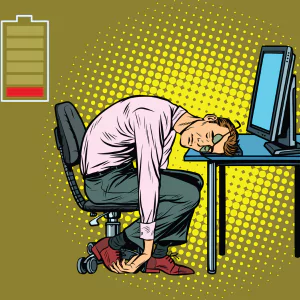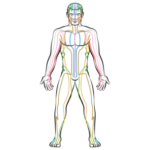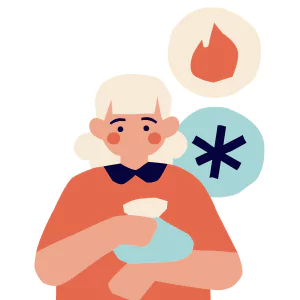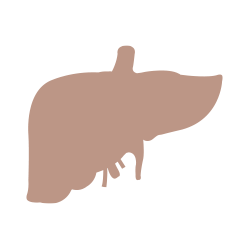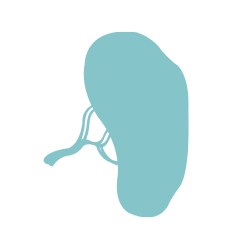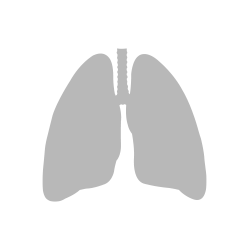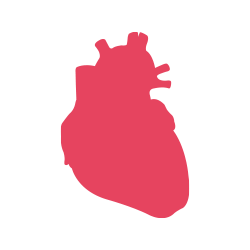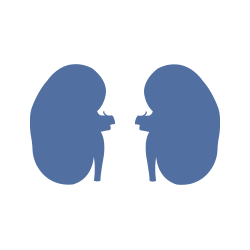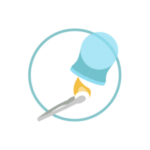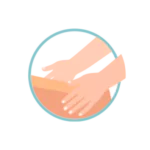When his father was diagnosed with terminal cancer in 2014, Benjamin Kwan was under mounting stress. Almost overnight, his skin became inflamed and itchy. “It was very uncomfortable and frustrating, and I lost sleep because of it,” the 28-year-old entrepreneur recalls.
He tried several over-the-counter creams for his eczema before moving on to steroidal creams prescribed by a skin specialist. But the eczema persisted. Seeking alternatives, he turned to Traditional Chinese Medicine (TCM).
He was prescribed a powder containing a mixture of herbs which he dissolved in water and drank twice a day. Within days, the itchiness had lessened and the rash began to subside. Two to three weeks later, it had mostly disappeared, except for the areas around his hips and knees. He continued taking the herbs and that, too, disappeared over the next three months.
“I was so much happier and could sleep through the night again,” he says.
Restoring balance
TCM practitioners believe that good skin is an outward reflection of physical, emotional and mental health. “TCM views the body as an integrated whole, in that the health of the internal organs is reflected externally. The heart and liver are impacted by stress, and that manifests externally as acne on the forehead or the bridge of the nose,” explains Eu Yan Sang physician Lin Xiao Yan.
In TCM terms, good health is defined as a body in balance. Yin and yang are two opposing yet interdependent forces that exist within the body. For perfect health, yin, a cool, quiet yet nourishing force, and yang, a warm, active and invigorating force, must be in balance. A person’s life force, or Qi (气, pronounced “chi”), flows through the body to sustain this balance, and thereby, a person’s health.
When yin and yang are perfectly balanced, particularly in the heart, lungs and spleen, the complexion appears radiant and well nourished. Conversely, when one force dominates the other, and the organs are not operating in sync, issues will manifest.
Excessive heat (yang) in the heart, resulting from emotional tension or consuming too much spicy food1, for example, can result in itchiness. A deficiency of yang energy in the heart, meanwhile, can make the complexion appear dull.2
TCM believes that the lungs – one of the body’s five yin organs – control the skin and hair, promote the circulation of qi in the body, and nourish the skin with fluids. When the lungs are healthy, the skin is moist and supple; if they are dry and heaty, the skin becomes flaky and itchy and may experience a burning sensation due to a lack of nourishment.
The spleen, meanwhile, removes dampness in the body. When there is a dysfunction of the spleen, the accumulation of excess dampness and heat can cause an increase in the production of sebum, leading to acne outbreaks, rashes or eczema.
Addressing the source of problems
A variety of therapies, including herbal medication, acupuncture and tui na, alone or in combination, can be used to address skin problems. The ultimate aim of treatment is to restore yin-yang balance to the heart, lungs or spleen, and a smooth flow of qi in the body.
In cases of eczema, herbal remedies have proven effective. In a 2009 study by researchers at Japan’s Yoshiteru Shimoide Clinic of Internal Medicine, 87 percent of the 274 long-term eczema patients treated with herbal remedies were symptom free after just four months, while a further 12 percent showed marked improvement.3 The research subjects were adults who had suffered from eczema for an average of 12 years, and had patches of chronically itchy, dry, inflamed skin over at least 10 percent of their bodies. The herbal remedies were selected and administered based on the symptoms of the individual patient.
In a retrospective study4, conducted between August 2006 and May 2008 at Mount Sinai Hospital in New York, TCM therapies – including herbal medication and acupuncture – were also found to be effective on children. Dr. Julia Wisniewski, who headed the project, is quoted to have said that there was a need for alternative treatments for eczema as many patients with severe allergies continue to have flare-ups a decade after standard therapy with steroids and immune-suppressing agents.
Besides eczema, TCM can be used to manage a range of other skin problems, from acne to more severe conditions such as psoriasis. Psoriasis, an autoimmune disease that results in itchy, scaly patches of skin, is often accompanied by psychological problems – including anxiety and depression – due to its highly visible symptoms.
A 2004 clinical assessment conducted at Taiwan’s Chang Gung Memorial Hospital5 successfully used indigo naturalis to help reduce the appearance of the physical symptoms of psoriasis, leading to improved well-being. Almost three-quarters of the 42 patients enrolled in the trial reported a complete clearing of psoriasis in the attended areas after three months.
The study is particularly important given the numbers – according to a 2016 report by the World Health Organization, at least 100 million individuals worldwide are affected by psoriasis.
Acne sufferers, meanwhile, benefit most from acupuncture in combination with therapies such as herbal treatments and cupping, according to a 2013 study that evaluated 43 trials involving 3,453 patients.7
The best approach, however, is preventive, says Ms Lin. Herbal treatments formulated for the individual, and taking into consideration his or her lifestyle and other factors, can help keep the body in balance, and the skin clear. Herbs such as lily bulb, for instance, nourish the lungs and calm the heart, preventing excessive heat from accumulating. Mulberry leaves alleviate dryness in the lungs, while barley removes heat and dampness in the spleen.
Loke Y. L., a 32-year-old teacher in Singapore who consumed a herbal powder over the course of a year, found that it helped more than just her skin. “I used to fall ill frequently and would take more than a week to recover from the flu. But since taking TCM medicine, I seldom fall sick,” she says.
Mitigating factors
Internal imbalances are not the only causes of skin problems. The environment around us also plays a part. “Certain diseases are more prominent in certain types of weather, environments, or geographical locations,” Ms Lin says. “When the skin is exposed to excess heat and humidity, itchiness, rashes, and blisters can occur.” In these situations, herbal medications, as well as practical steps such as not bathing in hot water and keeping out of the sun, can help relieve symptoms. Lifestyle changes – sleeping by 11pm, a balanced diet and regular exercise – will also have a positive impact.
The best herbs for great skin
It is no wonder that TCM herbs like goji berries have made their way into the creams and serums produced by skincare brands around the world, and that TCM is generating brands of its own.
Here are some beauty-boosting herbs:
Chinese wolfberries, also known as Goji berries: Nourishes yin and improves blood production. Packed with antioxidants and boosts collagen and elastin production8
Ginseng: Brightens the complexion and diminishes signs of aging9
Soy beans: Smoothens wrinkles10
Lingzhi and licorice: Anti-ageing and detoxifying properties11
Cordyceps: Revitalises the complexion and strengthens skin against environmental damage12
Green Tea: Packed with bioflavonoids and catechins, which promote elasticity, improve tone and restore skin at the cellular level13
Gingko biloba14: Contains antioxidants to diminish the effects of free radical damage on skin
Physician Lin emphasizes, however, that getting to the root of the problem might make for more lasting effects, adding: “The best way to manage skin problems is to identify their underlying causes. In that way, we aim to reflect beauty from the inside out.”
References
1 Clogstoun-Willmott, J. (2016). Heart Fire: The kind of heat in your heart that you don’t want. Retrieved from Acupuncture Points Website: http://www.acupuncture-points.org/heart-fire.html
2, 11 Eu Yan Sang. (2016). Tips for a healthy, rosy complexion. Retrieved from EuYanSang.com:
http://www.euyansang.com.sg/tips-for-a-healthy-rosy-complexion/eysbeauty2.html
3 Shimoide, Y. (2009). An End To Suffering From Atopic Dermatitis. The Journal of Allergy and Clinical Immunology, S41.
4 Wisniewski, J., Nowak-Wegrzyn, A., Steenburgh-Thanik, E., Sampson, H., & Li, X. (2009). Efficacy and Safety of Traditional Chinese Medicine for Treatment of Atopic Dermatitis (AD). Journal of Allergy and Clinical Immunology, S37.
5 Lin, Y.-K., Chang, C.-J., Chang, Y.-C., Wong, W.-R., Chang, S.-C., & Pang, J.-H. S. (2008). Clinical Assessment of Patients With Recalcitrant Psoriasis in a Randomized, Observer-Blind, Vehicle-Controlled Trial Using Indigo Naturalis. Arch Dermatol, 1457-1464.
6 World Health Organisation. (2016). Global Report on Psoriasis. Geneva: PDF here
7 Cao, H., Yang, G., Wang, Y., & Liu, J. (2013). Acupoint Stimulation for Acne: A Systematic Review of Randomized Controlled Trials. Medical Acupuncture, 25(3), 173–194. http://doi.org/10.1089/acu.2012.0906
8, 9, 10, 12, 13, 14 Eu Yan Sang. (2016). 6 TCM herbs for the skin. Retrieved from EuYanSang.com:
http://www.euyansang.com.sg/6-tcm-herbs-for-the-skin/eysbeauty5.html








 Here are detailed tips for each emotion:
Here are detailed tips for each emotion:

.webp)
.png)
.png)
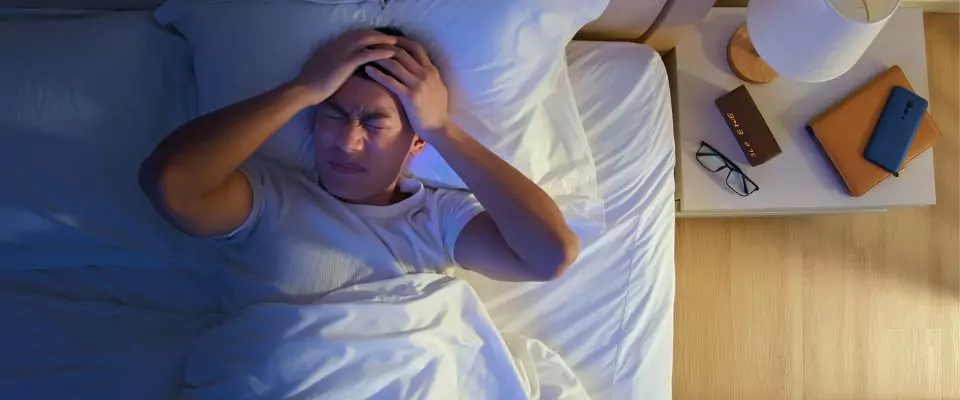 Sign 1: Insomnia
Sign 1: Insomnia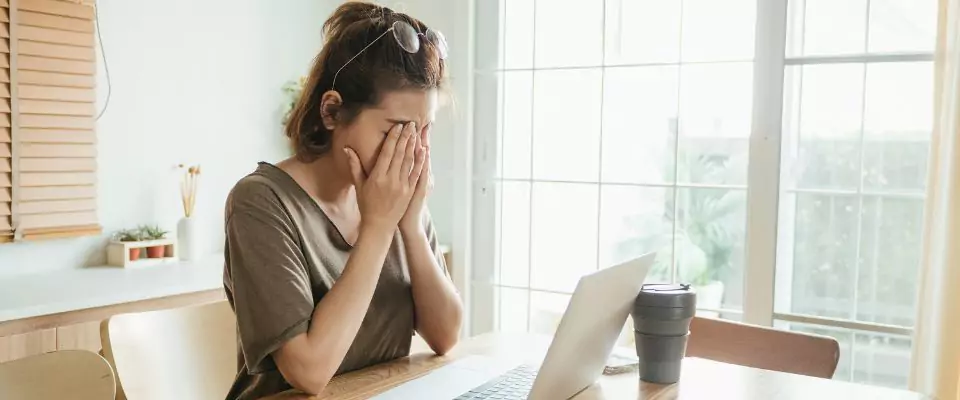 Sign 2: Irritability
Sign 2: Irritability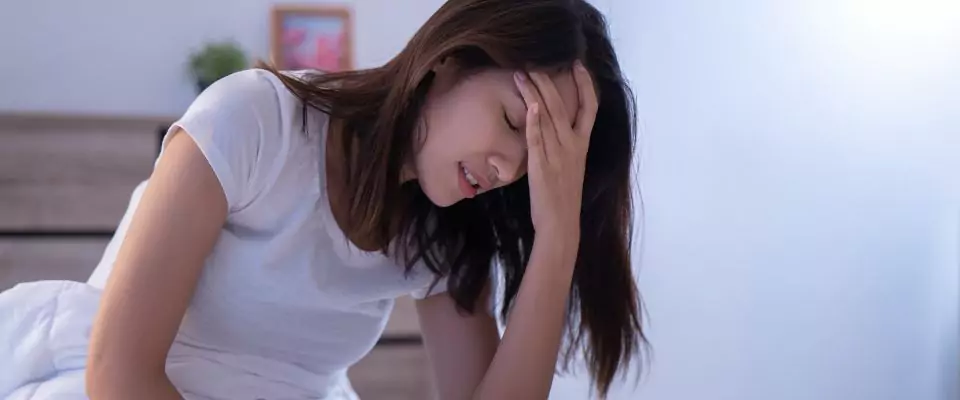 Sign 3: Runny nose in the morning
Sign 3: Runny nose in the morning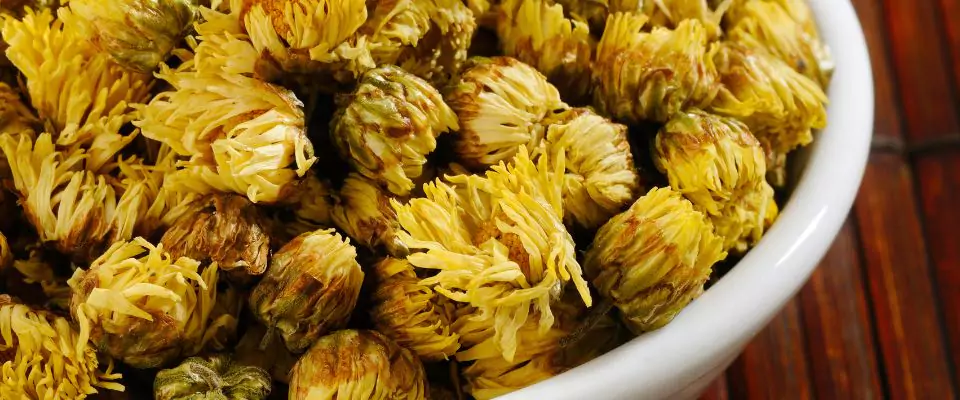 To restore a person’s balance, a physician may recommend treatments or diet and lifestyle changes that target specific organs. Here are some possible remedies:
To restore a person’s balance, a physician may recommend treatments or diet and lifestyle changes that target specific organs. Here are some possible remedies: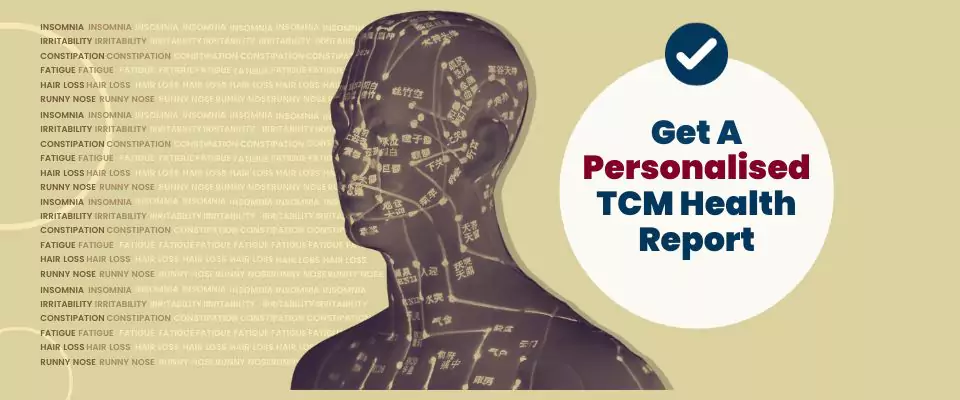 At just $48*, Eu Yan Sang’s Comprehensive TCM Health Report includes:
At just $48*, Eu Yan Sang’s Comprehensive TCM Health Report includes: